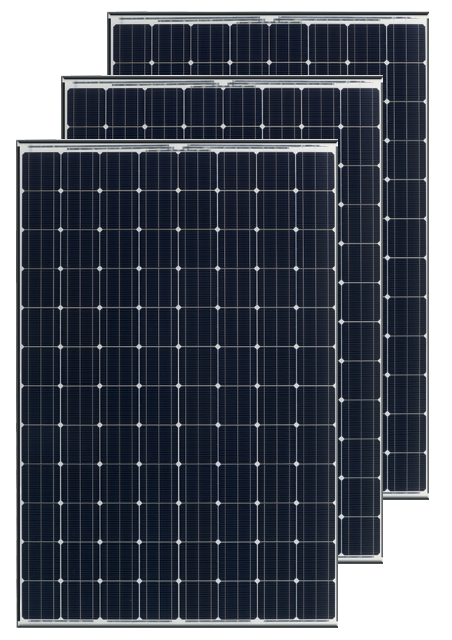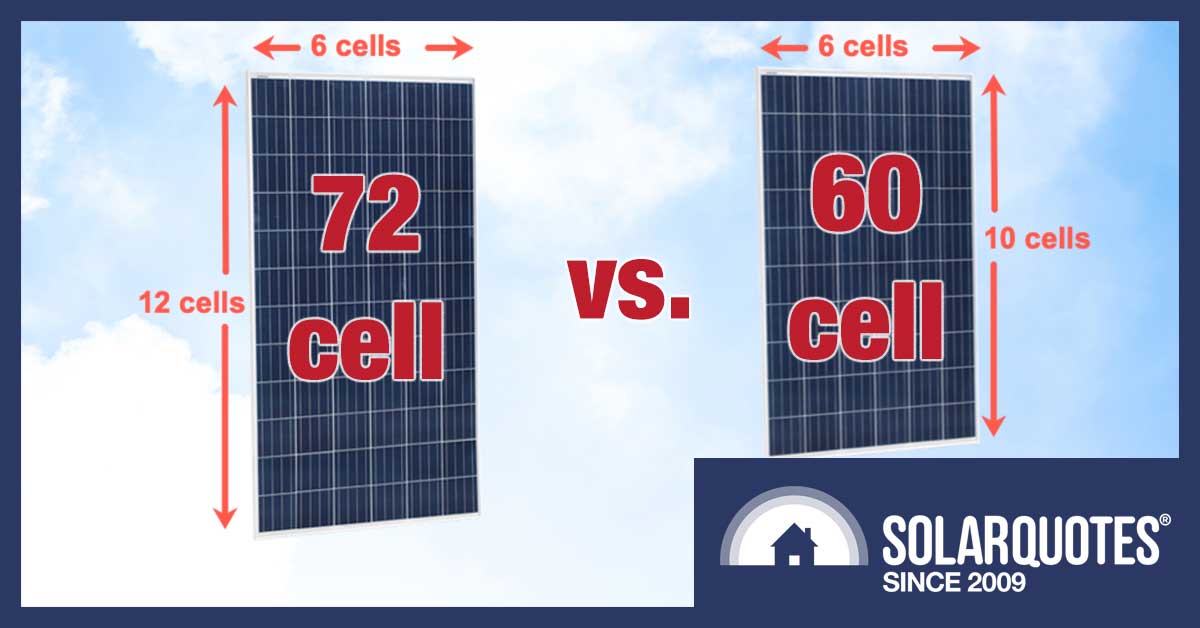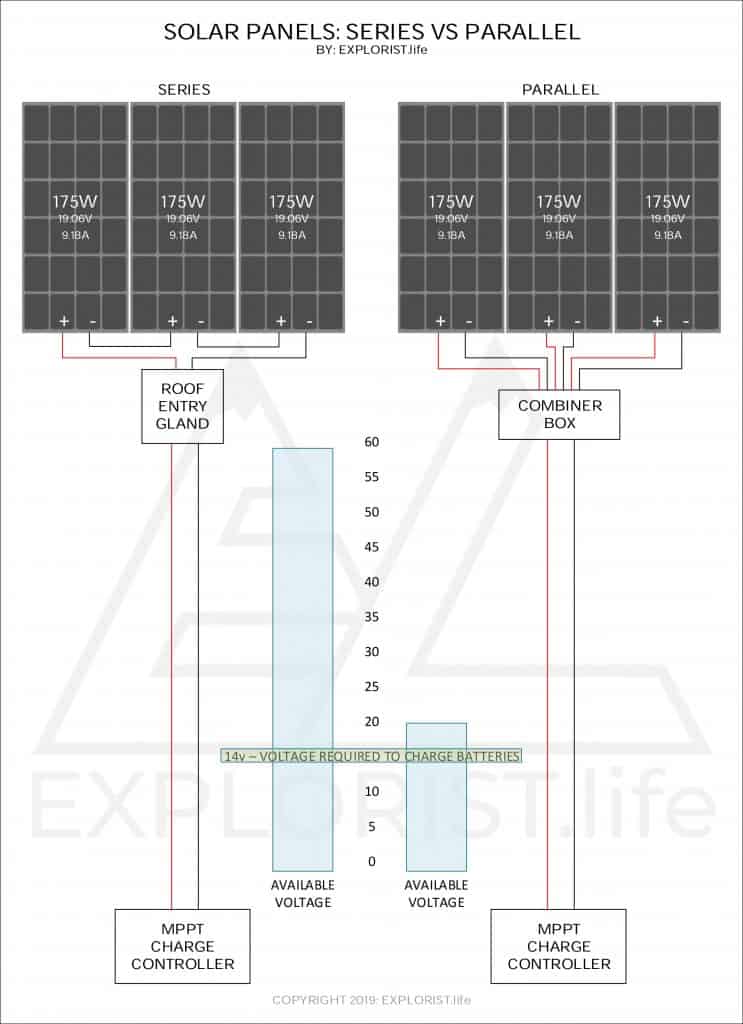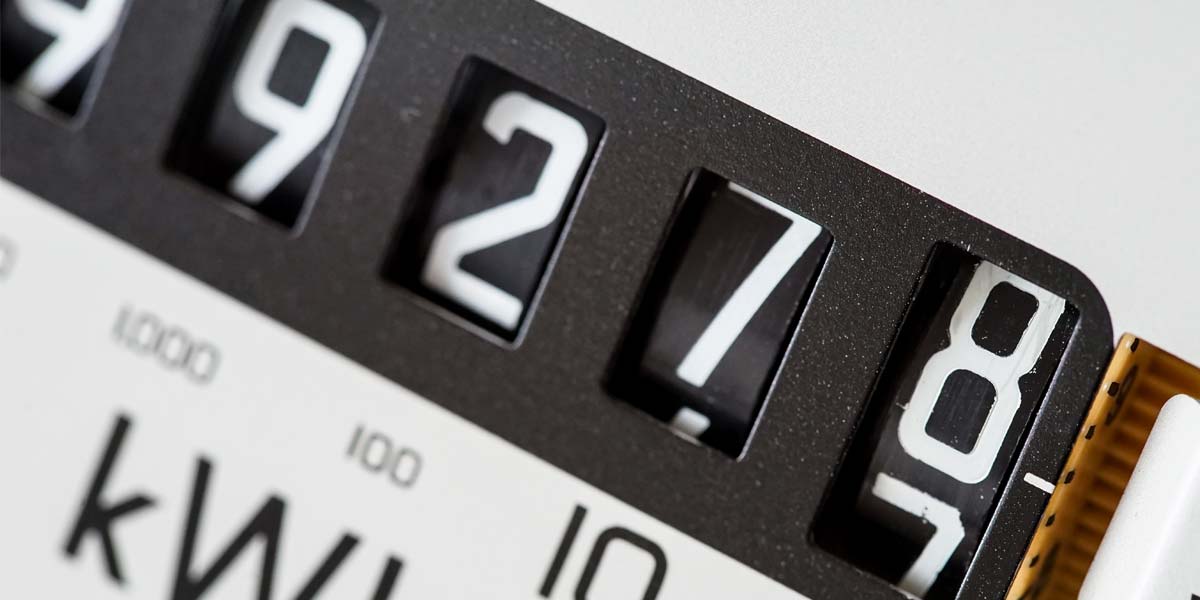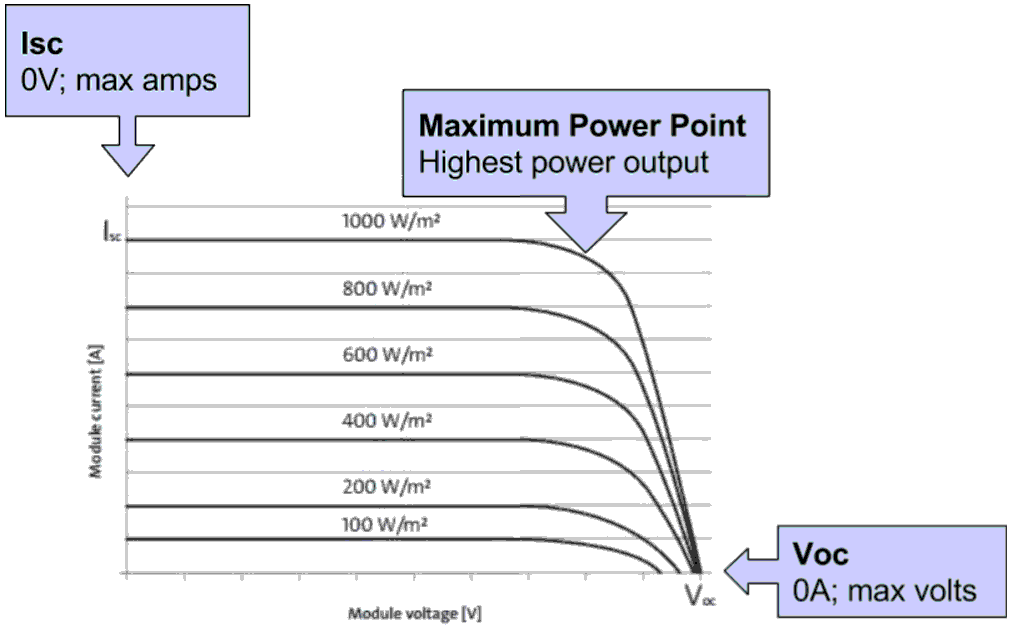Solar power as a function of time in kwh or wh that your solar panel can produce taking into account its rated power and solar energy available at your place.
Capacity versus output solar panel.
A very important factor to consider is that the output of solar panels for homes decreases as temperature rises.
The first 400 watt residential solar panel was released by sunpower in march 2019 but you can now find several panels from different manufacturers that are around this wattage.
The stc measure the solar panel s energy output using common conditions of light exposure orientation and panel temperature.
A comparison of data in two us cities has been completed to exhibit the importance of a solar pv array s tilt angle.
It is called the power temperature coefficient and it will be listed as a percentage of power output loss per degree celsius c.
For example if your solar panel lists a power temperature coefficient of 0 30 this means that it produces 0 30 less power for every one celsius degree increase in temperature.
The solar roof also known as a building integrated photovoltaic bipv was designed to function as solar panels while seamlessly integrating into a roof.
One of the most confusing aspects of renewable energy is the difference between installed nameplate capacity and the actual output that is obtained from these systems.
On average a domestic solar panel has a power output of around 265 watts although it can range anywhere from as little as 225 watts to more than 350 watts.
A solar panel s output is expressed in watts.
The higher the wattage of a solar panel the more electricity it can produce under the same conditions.
For example if we install 10 solar panels rated at 250 watts each we will have a capacity of 2500 watts or 2 5 kw.
Solar panel wattages have steadily increased over time.
Most home solar panels on the market today have power output ratings ranging from 250 to 400 watts with higher power ratings generally considered preferable to lower power ratings.
This means that a solar pv module with an output of 180 w m 2 has an efficiency of 18.
It is dead simple to determine the installed capacity.
As a general rule of thumb energy output can be optimized by adding 15 degrees to a site s latitude in the winter and subtracting 15 degrees to a site s.
Solar panels used on homes in 2020 generally have power output ratings between 275 and 400 watts of dc power per module.
As a response tesla ceo elon musk announced tesla energy s new product the tesla solar roof in 2016.
Solar panel power output.
This solar panel output calculator helps you estimate the real daily energy a k a.
The effect of an array s tilt angle on solar pv energy output may be up to 20 compared to that of flat installations.
One of the biggest issues homeowners have with solar panels is how they look.
This calculator may come in handy when you buy solar panel s for your rv vehicle boat camper or home solar system and you want to get a real.
